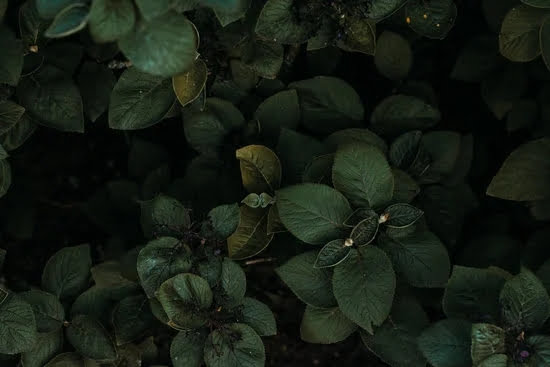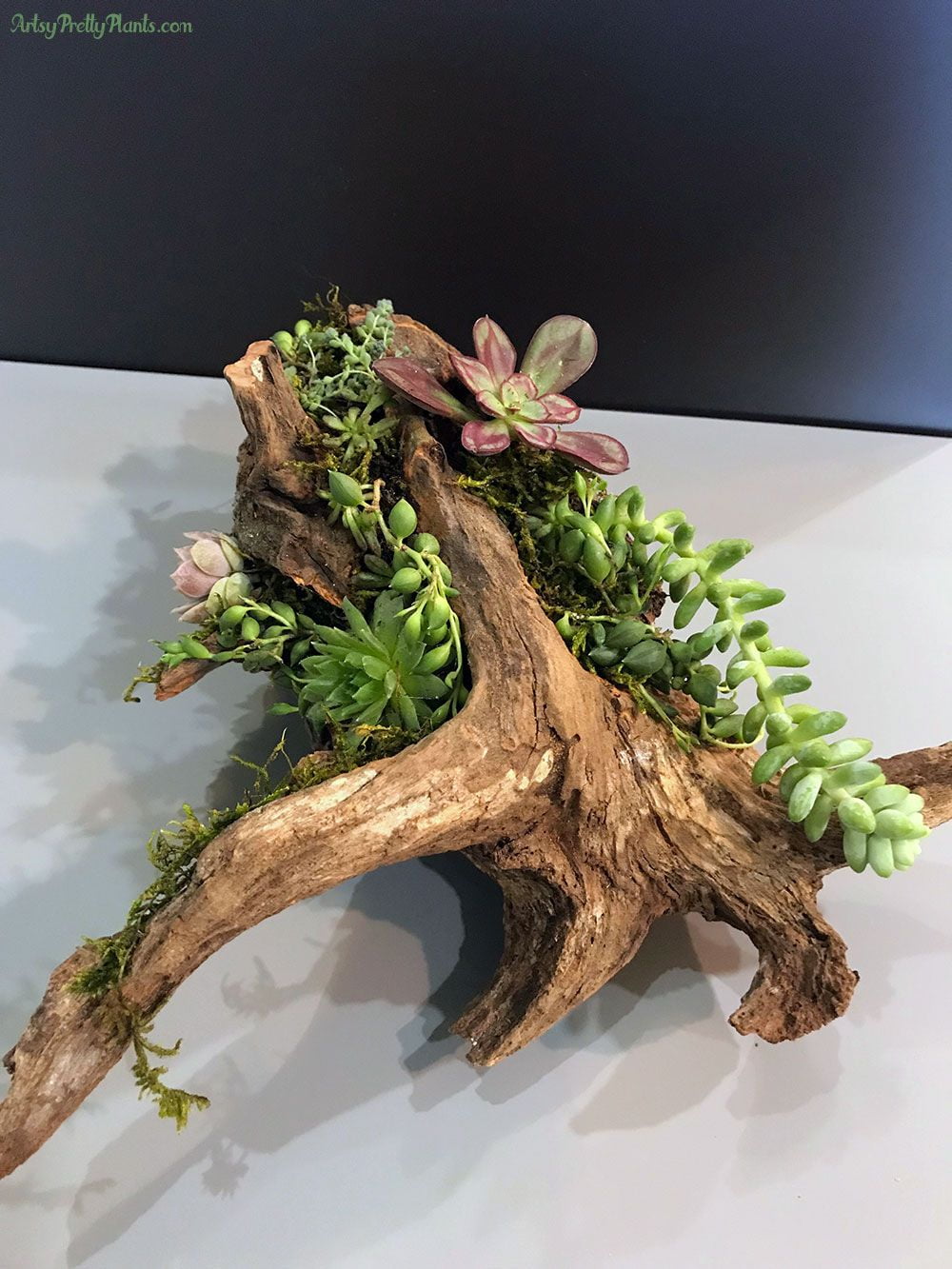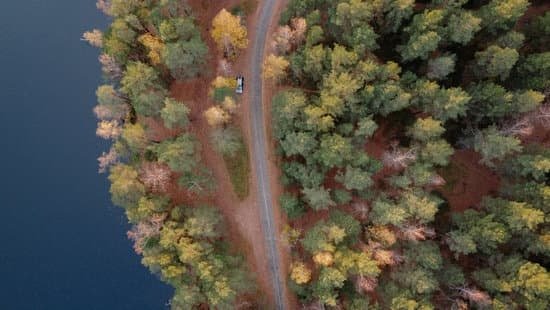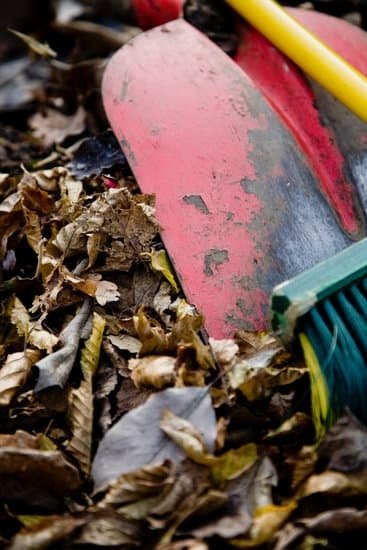Best Gardening Tips For Beginners
Starting a garden can be a daunting task, but with some basic information, you can be on your way to a thriving garden in no time. Here are some tips to help you get started:
1. Choose the right plants. Not all plants are suited for every climate, so it’s important to choose plants that will thrive in your area.
2. Plant in the right season. Planting in the wrong season can doom your plants to failure.
3. Amend your soil. Soil amendments such as compost or manure can help improve the quality of your soil and help your plants thrive.
4. Water regularly. Plants need water to survive, so make sure to water them regularly, especially during hot weather.
5. Fertilize your plants. Fertilizing your plants can help them grow healthy and strong.
6. Weed your garden regularly. Weeds can compete with your plants for water and nutrients, so it’s important to weed your garden regularly.
7. Protect your plants from pests and diseases. Pests and diseases can be a major threat to your plants, so it’s important to take steps to protect them.
8. Prune your plants as needed. Pruning your plants can help them grow healthy and strong.
9. Mulch your plants. Mulching your plants can help keep the soil moist and protect them from the elements.
10. Enjoy your garden! Gardening can be a fun and rewarding hobby, so take the time to enjoy your garden and watch your plants grow.
Gardening Tips For Beginners In Hindi
जलीयों के दूध को कैसे पीना चाहिए
When it comes to watering your plants, there is a lot of debate on how much and how often you should water your plants. The most common suggestion is to water your plants when the top inch of soil is dry. However, this isn’t always possible, especially if you are a beginner gardener.
One way to tell if your plants need water is by checking the leaves. If the leaves are wilted, then the plant needs water. Another way to tell if your plants need water is to stick your finger in the soil. If the soil is wet more than an inch below the surface, then the plant doesn’t need water.
If you are a beginner gardener, it is best to water your plants every other day. This will help your plants get used to the new environment and will help them grow healthy and strong.
Gardening Tips And Tricks For Beginners
If you’re new to gardening, it can be a little daunting. There are so many things to learn and remember, it’s easy to feel overwhelmed. But don’t worry, we’re here to help. In this article, we’ll provide you with some basic gardening tips and tricks that will help you get started.
First, it’s important to understand the different types of plants and flowers. There are three main types: annuals, perennials, and biennials. Annuals only live for one season, perennials come back year after year, and biennials flower once and then die.
Next, you need to learn about the different types of soil. Soil can be either sandy, loamy, or clayey. Sandy soil is easy to work with, but it doesn’t hold water or nutrients well. Loamy soil is the best type for gardening, as it is both fertile and well-drained. Clayey soil is hard to work with, but it is very fertile and holds water and nutrients well.
Before you start planting, you need to prepare the soil. To do this, you’ll need to add some organic matter to the soil. This can be done by adding compost, manure, or peat moss. You can also buy a soil amendment from your local garden center.
Now it’s time to start planting! When planting annuals, it’s important to plant them in the right season. Spring annuals should be planted in the spring, summer annuals should be planted in the summer, and fall annuals should be planted in the fall.
When planting perennials, it’s important to remember that they may take a few years to get established. Don’t be discouraged if your plants don’t look great at first – they’ll eventually grow in to beautiful blooms.
When planting biennials, it’s important to remember that they will only flower once. After they bloom, they will die. So make sure you plant them in a spot where you won’t mind having a dead plant for a few months.
Now that you know the basics, here are some more gardening tips and tricks for beginners:
– Water your plants regularly, especially during hot weather.
– Add mulch to your garden to help retain moisture and suppress weeds.
– Deadhead your flowers regularly to encourage blooming.
– fertilize your plants regularly with a balanced fertilizer.
– Prune your plants regularly to keep them healthy and looking their best.
– Protect your plants from pests and diseases by using pesticides and fungicides.
– Harvest your vegetables and fruits regularly to encourage more production.
– Store your garden tools properly so that they’re always ready when you need them.
With these tips, you’ll be well on your way to becoming a gardening pro. So get out there and start planting!
Container Gardening Tips For Beginners
Container gardening is a great way to enjoy gardening if you don’t have a lot of space, or if you don’t live in a climate that is conducive to growing plants outside. With container gardening, you can grow a wide variety of plants, flowers, and vegetables in a small space.
If you’re new to container gardening, here are a few tips to help you get started:
1. Choose the right plants. Not all plants are suitable for container gardening. Be sure to choose plants that are suited for growing in small spaces and that will thrive in the conditions you can provide.
2. Size matters. When choosing a container for your plants, be sure to choose one that is large enough to accommodate the plant’s roots. If the container is too small, the plant will not be able to grow properly.
3. Choose the right soil. Not all soils are created equal. Be sure to choose a soil that is specifically designed for container gardening. This type of soil will be lightweight and will drain well, which is important for plants that are grown in containers.
4. Water regularly. Container plants need to be watered regularly, especially during the hotter months. Be sure to check the soil regularly and water the plants when the soil feels dry to the touch.
5. Fertilize regularly. Container plants also need to be fertilized regularly. Use a fertilizer that is designed for container plants and follow the instructions on the label.
6. Be vigilant about pests and diseases. Container plants are susceptible to pests and diseases, so be sure to keep an eye on them and take steps to prevent any problems from occurring.
7. Enjoy your garden! Container gardening is a fun and easy way to enjoy gardening, and it’s a great way to get started if you’re new to gardening.
Gardening Tips For Beginners
There are a few things that every beginner gardener should know in order to make the most of their garden. Here are a few tips to help you get started:
1. Sunlight: Make sure to place your garden in an area that receives plenty of sunlight. Most vegetables and flowers need at least 6 hours of direct sunlight per day.
2. Soil: The quality of your soil is important for growing healthy plants. Be sure to test your soil’s pH level and amend it as necessary.
3. Water: It’s important to water your plants regularly, but not overwater them. Vegetables and flowers need 1-2 inches of water per week, depending on the weather and the type of soil.
4. Fertilizer: A good fertilizer will help your plants grow big and strong. Be sure to follow the instructions on the label, and avoid overfertilizing.
5. Pests and diseases: Protect your plants from pests and diseases by using organic methods like crop rotation and companion planting.
By following these tips, you’ll be on your way to a successful garden!

Welcome to my gardening blog! I am passionate about plants and enjoy sharing my knowledge and experiences with others. In this blog, I will write about everything related to gardening, from tips on how to get started to updates on my own garden projects.





